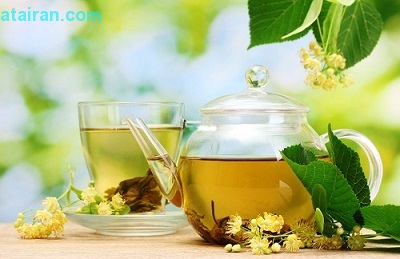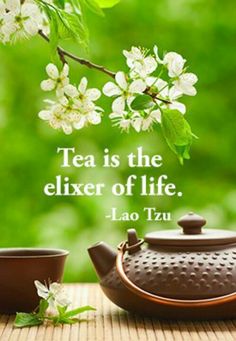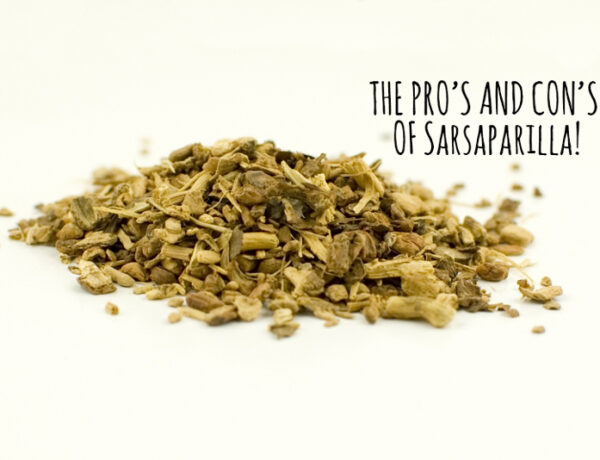The health benefits of tea include relief from cancer, early aging, gum disorders, fatigue, fever, depression, and dental issues. Without a doubt, it’s the most popular beverage in the world. The studies on the benefits of tea are staggering and leave little doubt as to how much a good cuppa can help you.

Many different types of tea, such as white tea, green tea, yellow tea, black tea, oolong tea and pu-erh tea, all come from the same plant, Camellia sinensis.
The type of tea produced from this plant depends entirely on the way the leaves are processed after harvesting. Different processing methods give tea leaves from the same plant their own distinct colour and flavor.
For example, green tea is made by plucking the leaves when they are partially withered and then heating them almost immediately to about 200 degrees Celsius to prevent fermentation. Whilst black tea is withered and rolled before being heated at all. Same plant… different techniques.
‘In a lot of ways, we might get more benefit from a good organic tea than from a vitamin pill,’ says herbalist Marianne Beacon of Elderberry Herbals in Peterborough, Ont. “You’re getting the benefits of hydration. There’s the social element: Tea is something that you can share with people. And when you’re drinking herbal tea, you get aromatherapy at the same time’and that’s something you don’t get from a tablet!’
Tea can:
Create a calmer but more alert state of mind. Studies have shown that the amino acid L-theanine found in the tea plant alters the attention networks in the brain and can have demonstrable effects on the brain waves. More simply, tea can help you relax and concentrate more fully on tasks.
Lowers the chance of having cognitive impairment. Research on Japanese adults who consumed at least 2 cups of green tea daily found that those individuals had cut their risk of cognitive impairment by half.
Reduces stress hormone levels. Black tea has been shown to reduce the effects of a stressful event. Participants in a study experienced a 20% drop in cortisol, a stress hormone, after drinking 4 cups of tea daily for one month.
Decreases irritability, headaches, nervous tension and insomnia. Red tea, also known as rooibos, is an herbal tea that originated in Africa. It has been shown to have many relaxing effects that help reduce a wide range of irritations and inflammations on the body.
Improve your short term memory. Not feeling on your game today? Try drinking some tea. The caffeine it contains may give you the boost you need to improve your memory, at least for a few hours.
Reduce your risk of heart attack and stroke. Tea helps to prevent the formation of dangerous blood clots which are very often the cause of heart attacks and strokes. Some studies have even found that black tea drinkers were at a 70 percent lower risk of having a fatal heart attack.
Protects your bones. You don’t have to put milk in your tea for it to help out your bones. Studies have shown that regular tea drinkers have stronger bones than those of non tea drinkers, even when other variables were adjusted for. Scientists have theorized it may be a benefit of the phytochemicals in tea.
May protect against heart disease. While more studies are needed for conclusive evidence, it has been suggested that regular consumption of green and black tea leads to a significant reduction in the risk of heart disease related heart attacks.
Help lower cholesterol.A recent study in China has shown that the combination of a low-fat diet and tea produced on average a 16% drop in bad cholesterol over 12 weeks when compared to a control group simply on a low-fat diet. If you’re struggling to get your cholesterol under control, try adding tea to your diet to see if it helps.
And helps lower blood pressure too. Drinking only half a cup of green or oolong tea a day could reduce your risk of high blood pressure by up to 50% and those that drink more can even further reduce their risk, even if they have additional risk factors.
Aids in digestion. Tea has been used in China for thousands of years as an after-meal digestive aid and it can help you as well due to the high levels of tannins it contains.
Helps inhibit intestinal inflammation. The polyphenols in green tea have been shown to have an effect on the intestinal inflammation caused by conditions like Irritable Bowel Syndrome allowing sufferers more comfort from a natural remedy.
Reduce stomach cramps. Properties of red tea cause it to act as an anti-spasmodic agent and allowing it to aid in stomach cramps or even colic in infants.

Herbal Teas can be even more amazing:
Chamomile — Soothes the tummy—and the soul. Its antioxidants may help prevent complications from diabetes, like loss of vision and nerve and kidney damage, and stunt the growth of cancer cells.
Lemon Balm — Reduces anxiety and restlessness
Passionflower — Eases you into restful sleep
Peppermint — Helps banish indigestion
Rosemary — Can ward off headaches
Sage — Banishes night sweats
Thyme — Reduces cough, bronchitis, sinus pressure
Oh and go ahead and add milk… according to SchoolOfTea.org
Most of the beneficial properties of tea are due to the presence of high amounts of polyphenolic compounds in tea. When a cup of tea is consumed these polyphenols have to be absorbed from the digestive tract into the blood stream to impart the beneficial effects. Research carried out to find the absorption of polyphenols in tea with and without milk indicate that addition of milk does not alter the absorption of polyphenols. Therefore, addition of milk does not reduce the health benefits of tea.
I had the honour of receiving a lovely gift of Fr’cinni Health herbal tea (or Infusions as they call them) from Karen and Louise from Spice Way.

Spice Way Battlers Green Farm RADLETT Herts WD7 8PH SHOP ONLINE www.spicewayuk.com
They have a growing range of natural health Infusions and these ladies KNOW their herbs. And they’re local. As in sold in a store near you.
Here are just a few of the ones they sent to me. Delicious – every single one!
Galilee – Recommended for after meals as it can help the body relax. Tastes delicious and looks beautiful in your teapot.
Digestion – contains coriander for better digestion and acts as a stomach soother and chamomile which enhances better sleep.
Menopause – this is a wonderful infusion containing many plants and herbs including clover, verbena, sage and so much more. Drink this daily to relieve and reduce the symptoms of menopause.
Do you drink herbal tea? Is it good for what ails you? I’d love to hear all about it! Let’s talk about it on Facebook, Twitter, and Instagram.





























